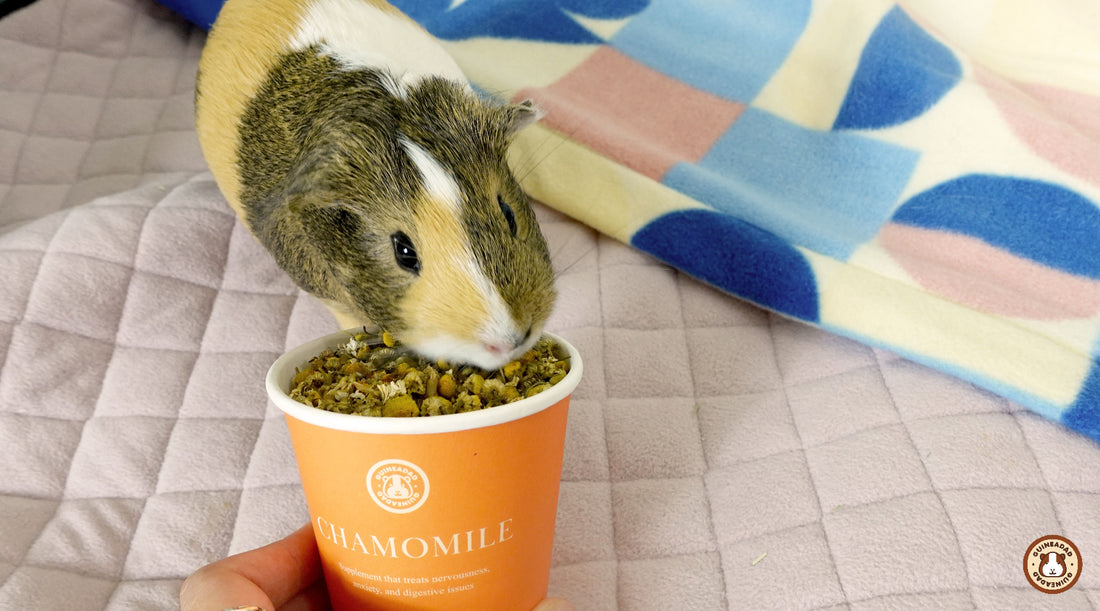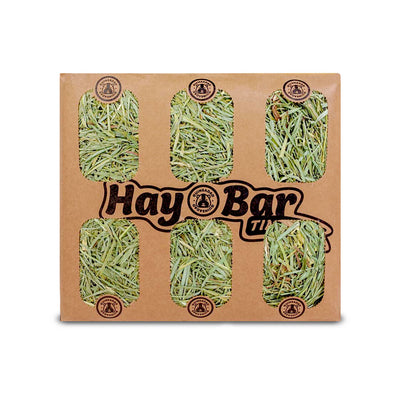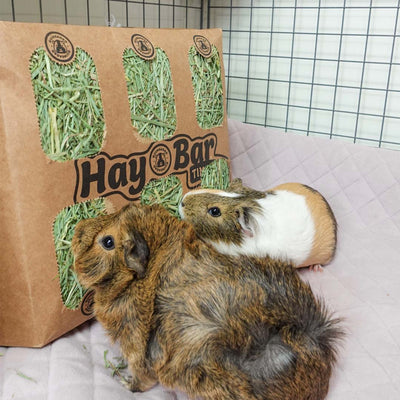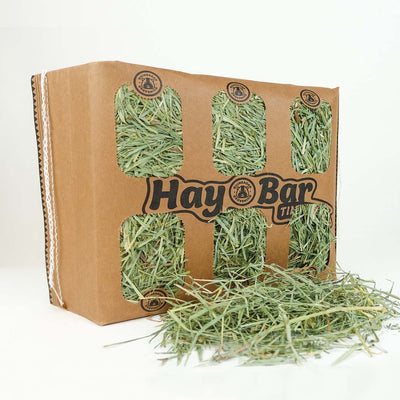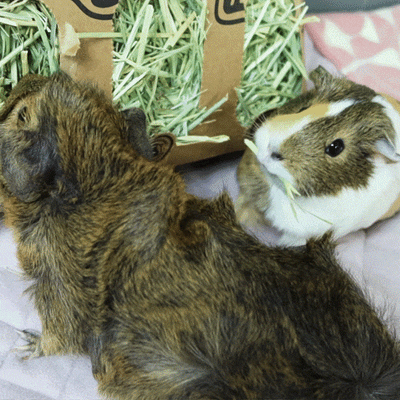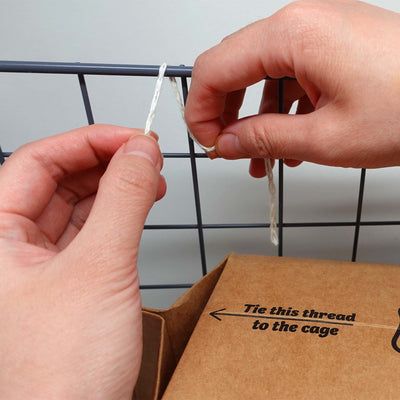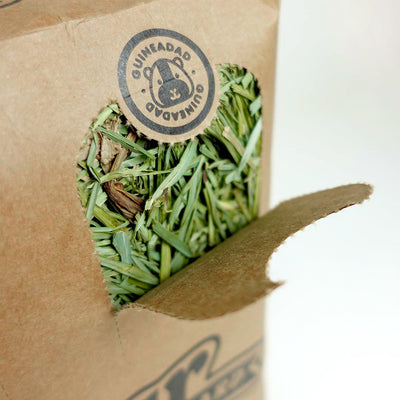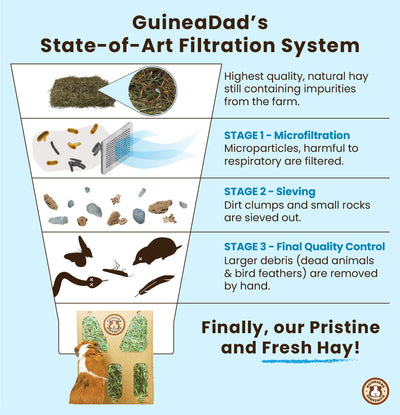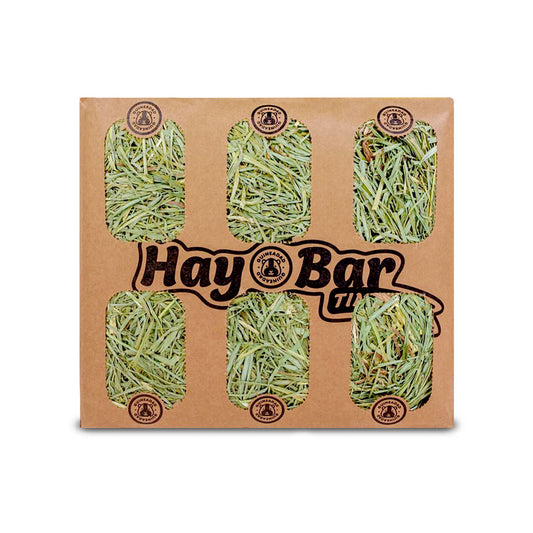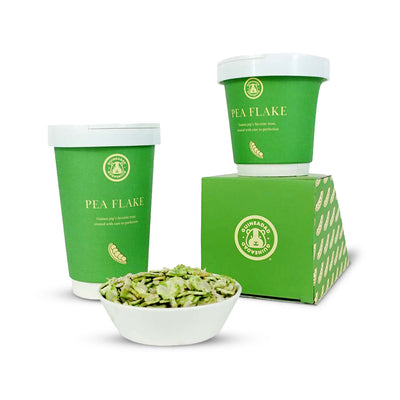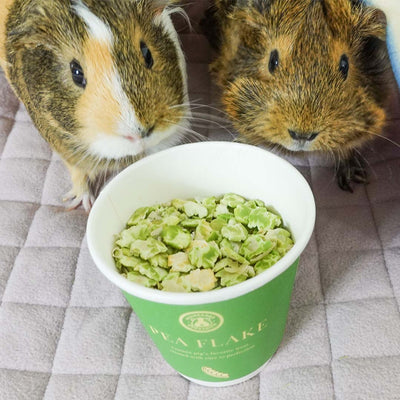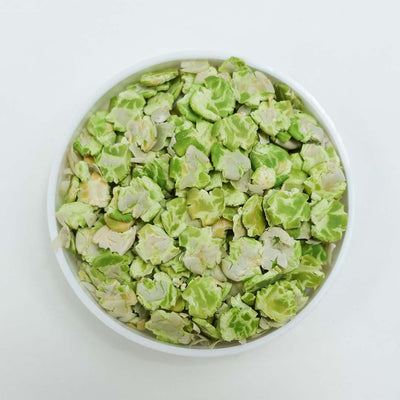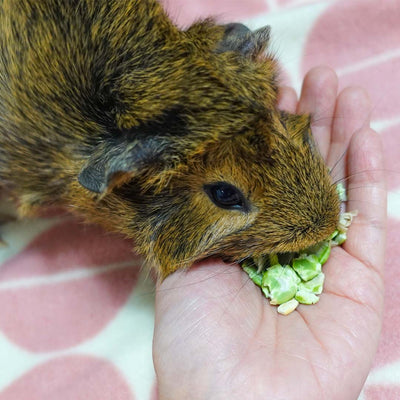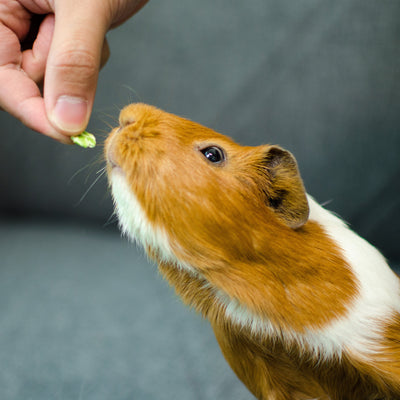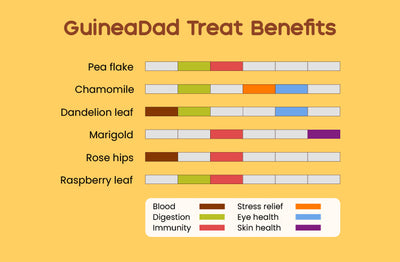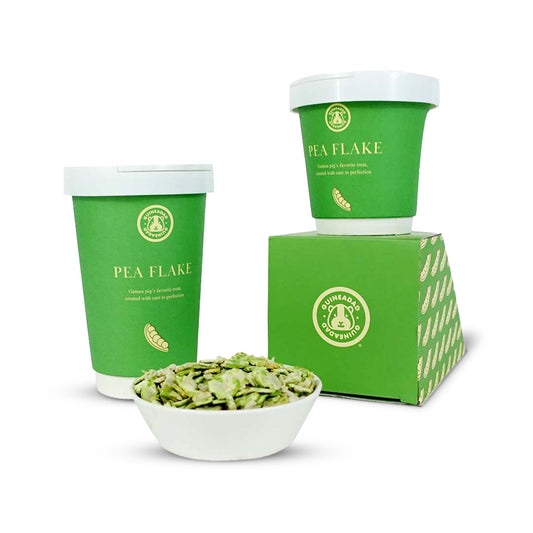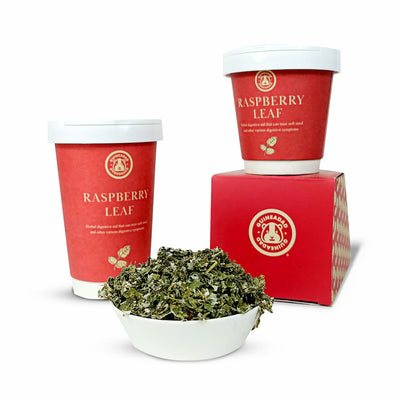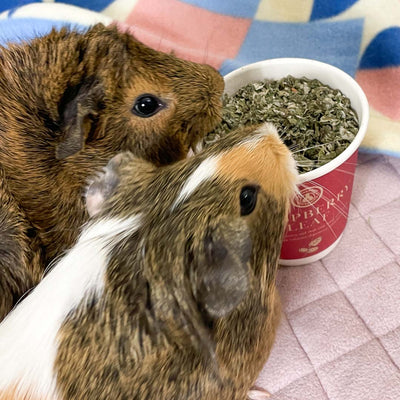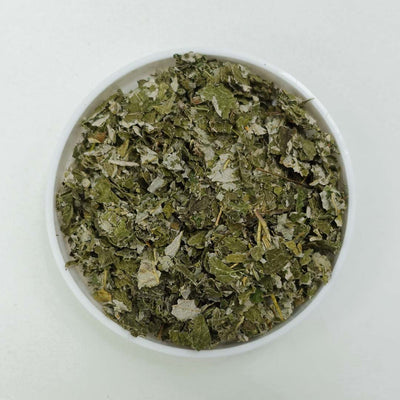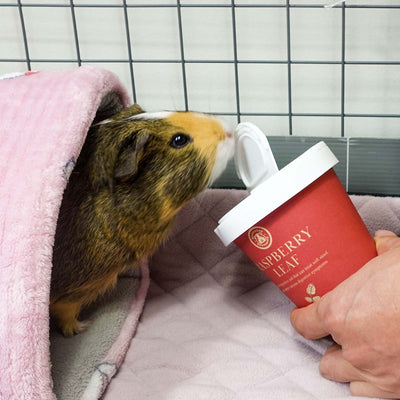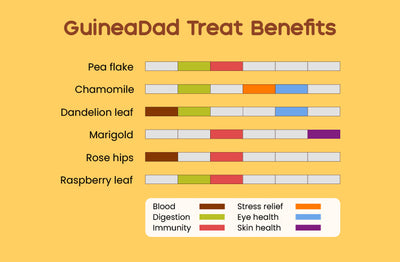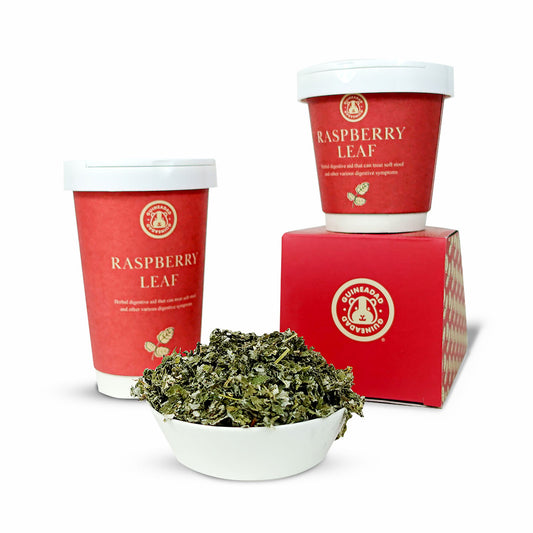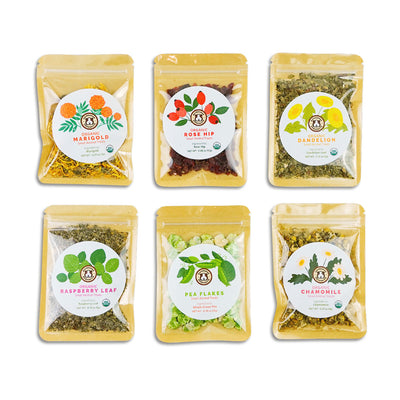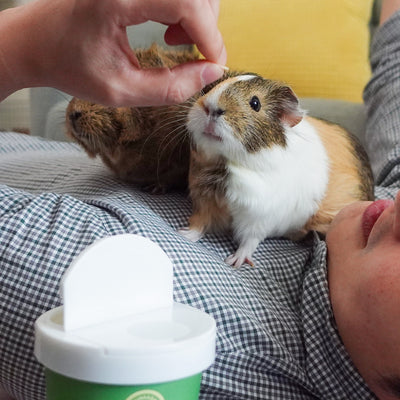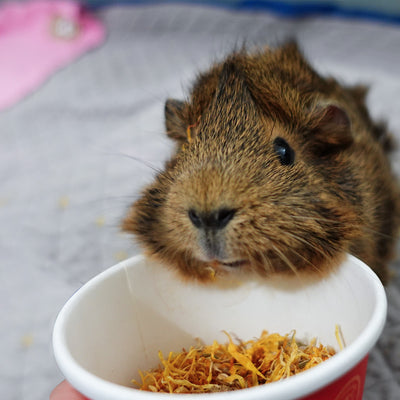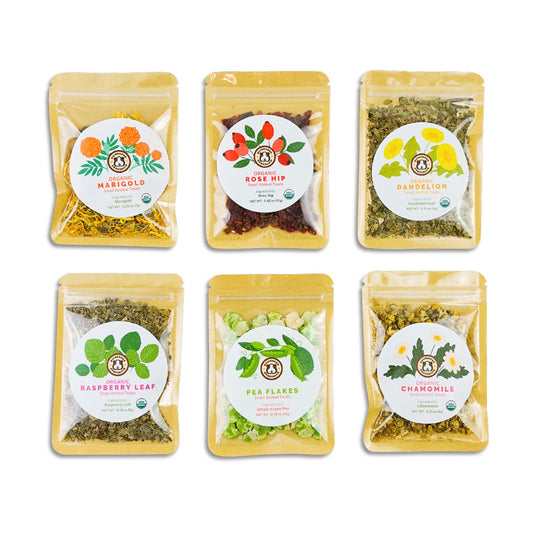No one likes talking about diarrhea, but it’s important that we can pinpoint the causes of this unpleasant experience for your guinea pigs and prevent it from happening. In some cases, diarrhea can get worse and even be life-threatening when untreated.
In general, it’s highly recommended that you’re examining your guinea pig’s poop daily, as it can be highly beneficial to be able to spot and notice differences right away. One of the best ways to identify any health issues that your guinea pig is having is by examining their waste output, whether it’s their poop or pee.
What is diarrhea in guinea pigs?
Diarrhea is generally defined as loose, watery bowel movements that may even occur more often than regular poops. Diarrhea is something that occurs more often in younger guinea pigs rather than adults, but it can still occur regardless of age.
If you notice this happening, whether it’s full on watery stool or it’s just softer poops, make sure to consult your veterinarian right away to find out the next steps for treatment and improving the condition.
Diarrhea can cause things like dehydration, which makes sense because the stool is watery and they are losing water and overall hydration this way. It can also cause the loss of nutrients, since it’s just getting expelled through their stool.
If one of your guinea pigs is experiencing diarrhea, make sure to separate them from your other guinea pigs to prevent the spread of any contagions that could be infectious. This is where you want to make sure and consult with your veterinarian every step of the way to make sure that all your guinea pigs are safe.
Symptoms of guinea pig diarrhea
Aside from your guinea pigs having diarrhea itself, there will be some other things to look out for as well! Because the stool isn’t solid and is watery, it will stain and stick to your guinea pig’s anus. If you notice this, make sure that you clean this area as soon as possible, as guinea pigs can be prone to something called flystrike when their fur is filthy due to fecal matter.
Your guinea pig will also have a distended belly, which means they will have abnormal swelling of their belly outwards. It will also feel firm, which can be due to gas buildup in their bellies. Bloating can be pretty dangerous in guinea pigs as well when gone untreated, so it’s important that you take note of these outwards signs and take action as soon as possible.
Guinea pigs suffering from diarrhea will also be lethargic, experience a decrease in appetite, the deterioration of the condition of their hair coat, and rapid breathing.
Causes of diarrhea in guinea pigs
Improper diet
An overall diet imbalance can cause diarrhea in your guinea pig! These imbalances can come from things like too many sources of carbohydrates, too much of their fresh green, leafy vegetables, too many treats, or even not enough fiber.
When it comes to carbohydrates, your guinea pigs need some in their diet, but too much can wreak some havoc on their digestive system, thus causing them to suffer from diarrhea.
We know your guinea pigs tend to go crazy for some pea flakes, ours do too! However, they’re meant to be treats, and should be regarded as such! You can still feed your guinea pig pea flakes, but remember that they are not meant to be used as meal substitutes and shouldn’t be fed in large amounts.
While the general diet of a guinea pig is hay, a small amount of pellets, some fresh vegetables and water, it’s important to note that hay should make up the largest portion of that diet. It should be provided in unlimited amounts daily in order to accommodate their high need for fiber.
Guinea pig gastrointestinal tracts should be constantly moving in order to bring food in and out of their bodies, and they need loads of fiber for that function. If it’s difficult for you to find the time to refill your guinea pigs’ hay feeder or to add new piles of hay to your guinea pigs’ cage, we recommend utilizing our GuineaDad Hay Bar and GuineaDad Hay Box, which are both options that don’t require you to have contact with the hay directly ever. This can be super helpful for guinea pig parents that are allergic to hay as well.
By using the Hay Box and Hay Bar, there is huge reduction in wasted hay, since the hay is kept off of the ground and your guinea pigs won’t soil it with their pee and poop.
When feeding your guinea pigs their leafy greens, it’s important not to overfeed them. Each guinea pig should only be eating around one cup of fresh vegetables daily. This means that feeding your guinea pigs vegetables isn’t quite as simple as just dumping a whole bunch of them in the middle of their cage twice a day!
It’s important that you’re portioning out their veggies so they can eat the proper amount daily, without overeating. You can feed half the amount in the mornings and half the amount at night, or you could do all of it at a certain time of day.
For more information on what kinds of vegetables that your guinea pigs should be eating, as well as how often they can eat them, you can reference our Vegetable Master List.

Dental disease
Believe it or not, dental disease can cause your guinea pig to suffer from diarrhea. This often occurs due to the fact that when guinea pigs have dental issues, it causes them not to eat much, or even ceases their eating completely, which can lead to some overall health problems, such as GI stasis. In this case, diarrhea usually occurs because of the lack of solid foods they are eating.
Infectious bacteria and parasites
There are naturally occurring healthy bacteria that exist in your guinea pig’s digestive tract that helps with not only overall digestion, but bowel movements. When there is a lack of healthy bacteria, bad bacteria, such as salmonella or E.coli, will overgrow and will then cause diarrhea. Parasites cause diarrhea in the same way, however this is uncommon and rare.
Stress
Oftentimes, guinea pigs will become stressed due to factors such as overcrowded and unsanitary living conditions. This is a cause of diarrhea that can easily be prevented by ensuring that your cage is properly sized for the number of guinea pigs that you have, as well as by keeping that cage sanitary, which are both things that you should be doing anyways!
You can easily keep your guinea pig cage clean by using bedding that is easy to clean. This may mean that it’s time to give up your old-school paper bedding, hay bedding, or wood shavings for something that is easier and quicker to clean.
For this, we recommend utilizing fleece liners for guinea pig cages. These can be used for a longer period of time before you need to wash them, so it saves you time and money in the long run! The GuineaDad Liner and the GuineaDad Premium Liner are both the best options for guinea pig bedding. Both are machine washable and only need to be laundered around once a week, and spot cleaned at least once daily to keep your guinea pigs and their cage comfortable.
Both GuineaDad Liner options are highly absorbent, while drying quickly in order to prevent and inhibit bacterial growth that can cause infections, and in this case, diarrhea due to stress about an unsanitary living environment.
Hyperthyroidism
This is what it’s called when your guinea pig has an overactive thyroid, which means the thyroid gland produces too much of a hormone called thyroxine. This hormone can speed up your guinea pig’s metabolism, which can cause things like weight loss and other factors.
However, not all piggies who have hyperthyroidism, and it’s mostly a case-by-case situation!
Antibiotics
There is also a type of diarrhea that is associated with antibiotics, which can occur when guinea pigs are prescribed an antibiotic that their bodies aren’t able to handle.
This typically happens when a veterinarian is inexperienced and doesn’t necessarily specialize in working with small animals and especially guinea pigs. Make sure to take your guinea pigs to veterinarians that either have lots of experience with piggies, or exotic vets that specialize in working with guinea pigs to avoid misdiagnosing and misprescribing illnesses and treatments.
What will happen is that the inexperienced vet will prescribe something like amoxicillin, which can be deadly to guinea pigs. Antibiotics such as this one can significantly “alter the sensitive balance of bacterial flora in the cecum” according to a study done by Brown and Rosenthal.
Because of this, it causes bacteria to grow at increased rates since the normal flora isn’t there to keep it in check. As a result, it causes diarrhea in guinea pigs and even more serious complications, such as sudden death.
Treatment for diarrhea in guinea pigs

It’s important that you consult a veterinarian as soon as you notice the first occurrence of diarrhea or much softer poop than usual. When diarrhea is left untreated in your guinea pigs, the situation can get worse and be detrimental to your guinea pig’s overall health.
When you bring your guinea pig to the vet, they might perform some tests in order to determine what caused your guinea pig to have diarrhea! These tests include a fecal float, which will check for parasites, a gram stain, which will show whether there has been an overgrowth of the bad bacteria in your guinea pig’s GI tract, or your vet will take a culture, which takes a bit longer but will have more definitive results.
Also, it’s good to be prepared to answer some questions about your guinea pig’s diet so you can detail what exactly you are feeding them, as well as how much! They may also ask questions about your guinea pig cage and your cleaning routine in order to determine the origin of certain bacteria or parasites, and whether there are any new animals present in your home. All these questions will help your vet figure out what is happening, and why it’s happening!
There are a few options for treatment when it comes to diarrhea in guinea pigs, and they will depend on how severe the problem is for your individual piggy. As mentioned previously, loose, watery stools can cause dehydration—a treatment for this can be subcutaneous fluids to help restore their hydration levels back to normal. This is usually a treatment option that is chosen in cases that are mild. For piggies that need more fiber, they may suggest syringe feeding your guinea pig high-fiber foods.
GuineaDad has treats that can help with digestion and making sure that it’s a comfortable process for your guinea pigs. This can be great for guinea pigs that have milder cases of diarrhea, but it’s important to note that these are herbal supplement treats, but they should still be regarded as treats and only be given in very small amounts and in moderation! Both GuineaDad Chamomile and GuineaDad Raspberry Leaf can help with digestion!
If the tests that your veterinarian performs show that there are parasites, then your veterinarian will prescribe some kind of antibiotic depending on the kind of parasite that is present. The treatment is similar when there is overgrowth of bad bacteria.
In other cases where you’re able to pinpoint the cause of the diarrhea as being an antibiotic, make sure that you stop use of it immediately to prevent worse effects, and contact your veterinarian to let them know what is happening.
If your guinea pig is still eating normally and their behavior hasn’t changed, provide them more hay to eat, and remove any foods that are grain based, as well as limit the amount of pellets that you are providing them. Make sure they stay hydrated by administering subcutaneous fluids, and providing extra sources of vitamin C can help with restoring your guinea pig back to normal.
In more severe cases, such as those involving parasites as well as any other infections on top of the diarrhea, your guinea pig may need to be hospitalized and under veterinarian care in order for their recovery to go smoothly and for them to be monitored at all times.
Always carefully monitor your guinea pigs!
It’s important to always be observant and take notice of any changes in your guinea pig as soon as possible. You will always be your guinea pig’s advocate, and it’s up to you to contact your veterinarian in order to get the help your piggy needs as soon as possible!
The faster you’re able to get treatment for your guinea pig and any of their health issues, the easier and smoother their recovery process will be. Keeping your guinea pigs healthy and safe are the easiest ways for you to keep your guinea pigs happy!
Want to read more about guinea pig health issues?
Check out these blogs to learn more!


